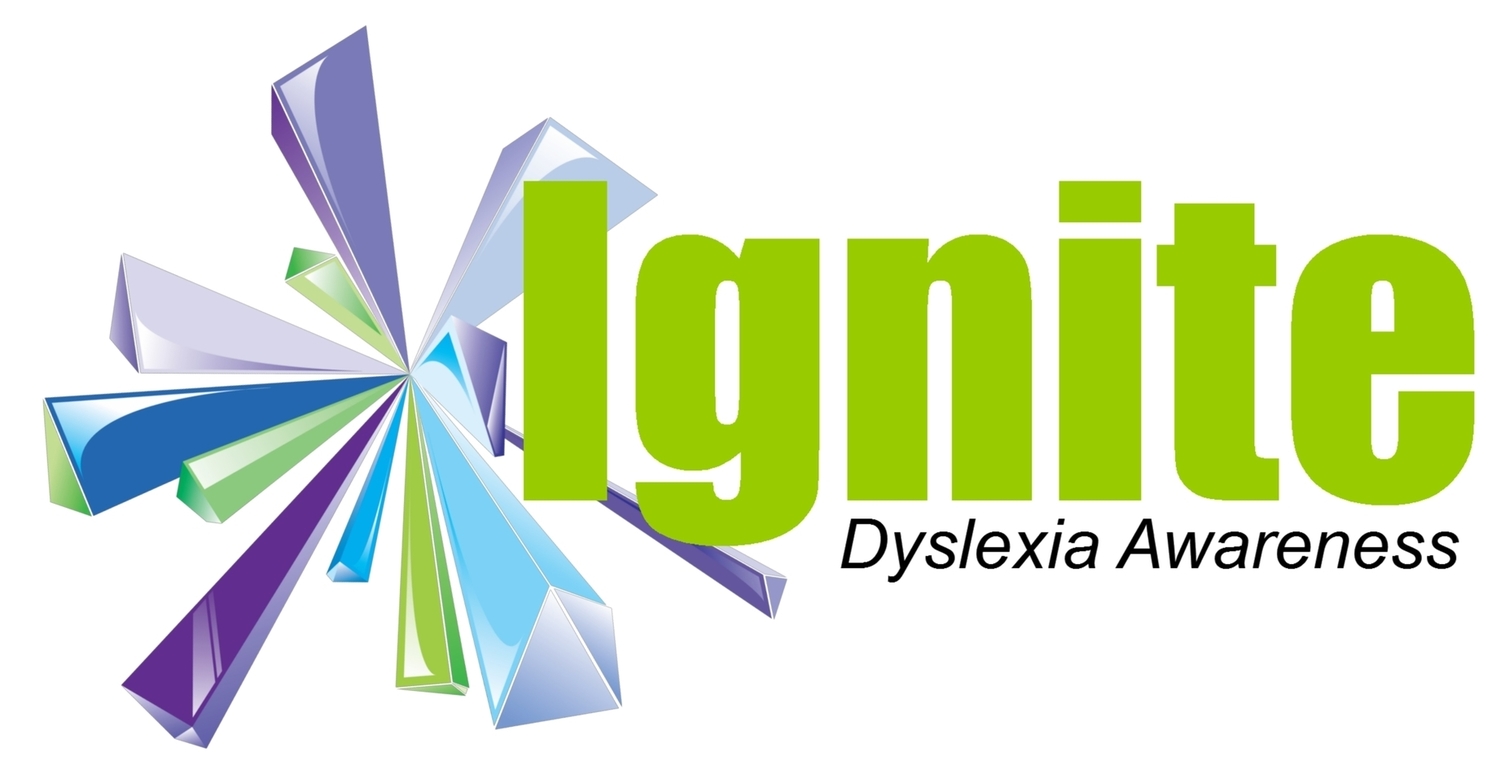“The real fear that I have for dyslexic people is not that they have to struggle with jumbled in put or that they can't spell, but that they will quit on themselves before they get out of school” - Stephen J. Cannell
Individuals with dyslexia will have some of these characteristics but formal testing is the only way to confirm a diagnosis of dyslexia.
Difficulty with Oral Language:
• Late in learning to talk
• Difficulty pronouncing words
• Difficulty acquiring vocabulary or using age appropriategrammar
• Difficulty following directions
• Difficulty learning the alphabet, nursery rhymes, or songs
• Difficulty with word retrieval / use of non-specific vocabulary such as ‘thing’ or ‘stuff’
Difficulty with Reading:
• Difficulty identifying or generating rhyming words, or counting syllables in words (Phonological Awareness)
• Difficulty with hearing, distinguishing and manipulating sounds in words, (bat = “b” + ”a”+ ”t”) (Phonemic Awareness)
• Difficulty learning the sounds of letters (Phonics)
• Difficulty remembering names and/or shapes of letters
• Omitting parts of words when reading - conible for convertible
• Reverses letters or the order of letters when reading
• Misreads or omits common small words (the, a, and, said, etc.) and word endings (ing, ed, etc.)
• Stumbles through longer words or makes wild guesses
• Poor reading comprehension during oral or silent reading
• Slow, laborious oral reading
• Fear of reading aloud and avoidance of reading for pleasure
• A better ability to understand words in context rather than to read isolated single words or ‘nonsense’ (made up) words
Difficulty with Writing:
• Difficulty putting ideas on paper
• Many spelling mistakes
• May do well on weekly spelling tests, but there are many spelling mistakes in daily work
• Difficulty in proofreading and often reads back what they intended to write, not what is on the page
• Poor or illegible handwriting
Other general characteristics:
• Family history of reading problems
• Uncertainty as to directionality; left/right, before/after, etc.
• Late in learning to tie shoes and/or reading analog clocks
• Inability to finish tests on time
• Homework that seems to be never-ending
• Math Challenges
• Difficulty memorizing address, alphabet or math facts
• Difficulty with organization
• Difficulty with foreign languages
For more in-depth information, please visit IDA-TN’s ‘Just the Facts’ at http://www.tnida.org or http://www.interdys.org.
